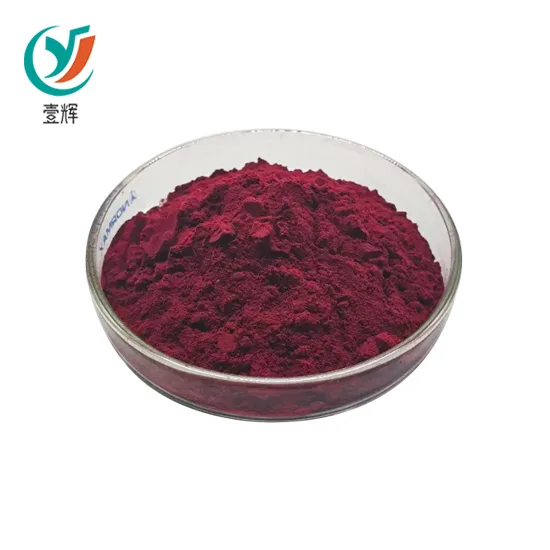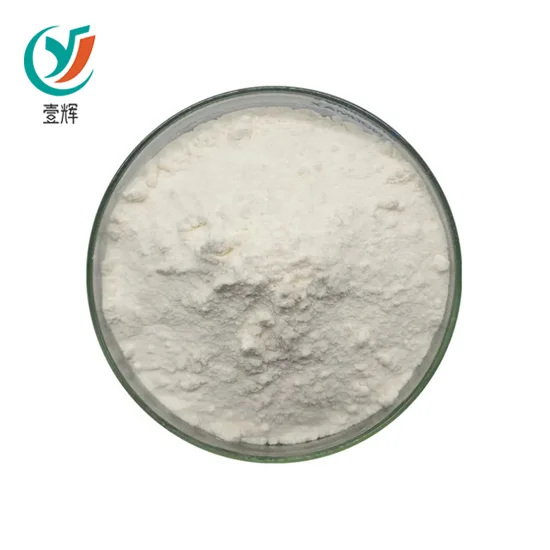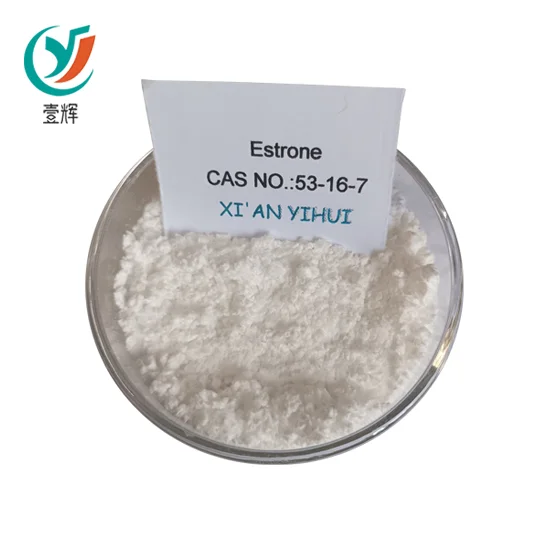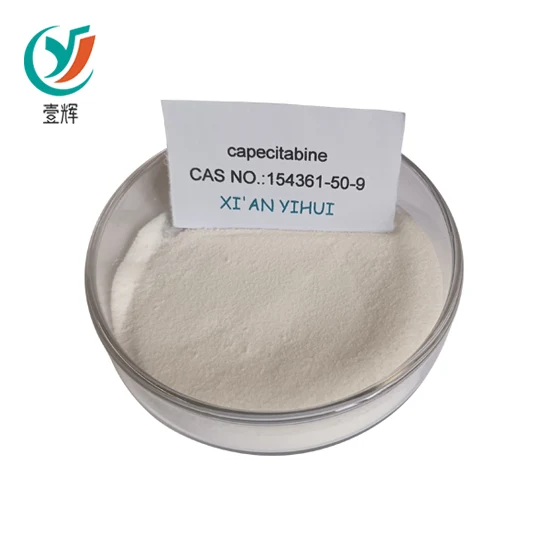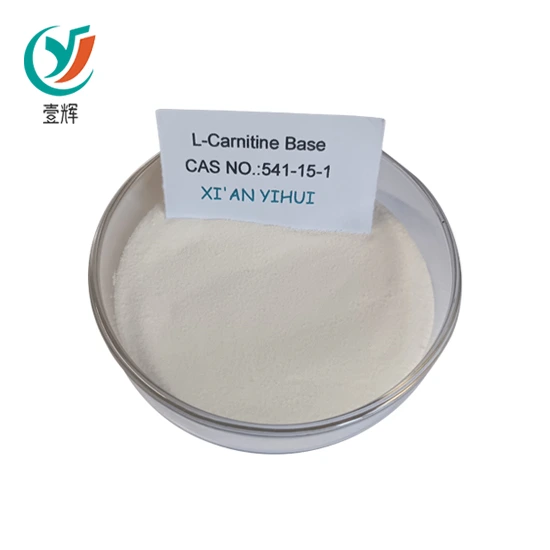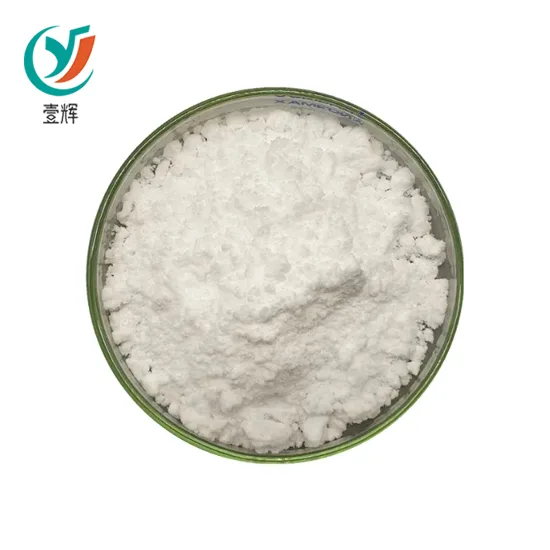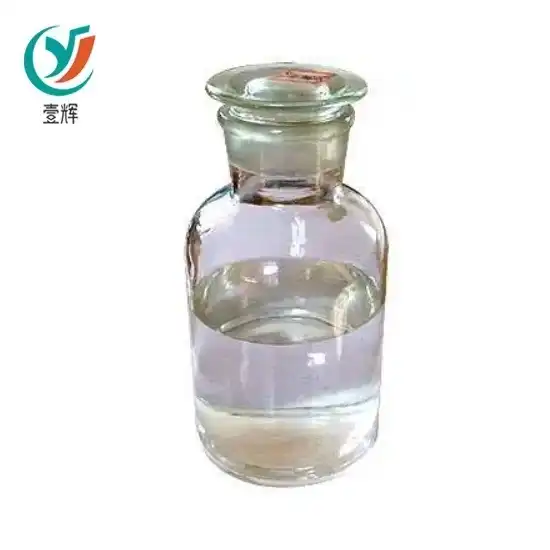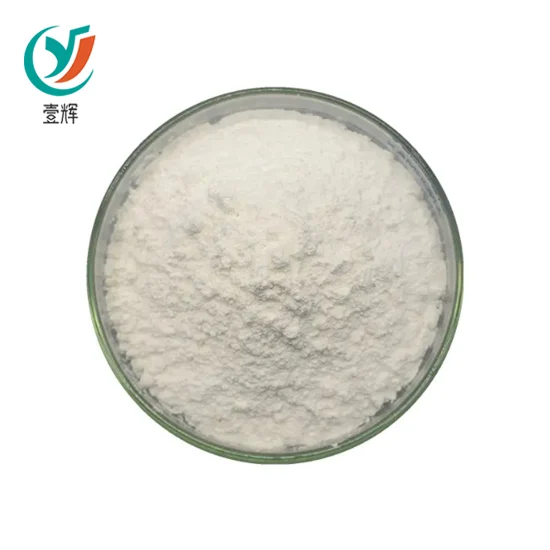What Do Peptides Do For Your Face?
2024-05-06 10:03:28
Introduction: Understanding Peptides for Skin Care
Peptides are chains of amino acids that are typically made up of less than 50 amino acids, and they play a crucial role in many biological processes in our body. One of the key areas where peptides have gained significant attention in recent years is skincare, and more specifically, in maintaining healthy and youthful-looking skin. In this article, we will explore what peptides are, how they work, and the different types of peptides that are used in skincare. We will also discuss the benefits and potential drawbacks of using peptide-based skincare products.
What are peptides?
As mentioned earlier, peptides are chains of amino acids that are formed by the linkage of two or more amino acids. Amino acids are organic compounds that are required for many important biological processes, including the synthesis of proteins, which are essential building blocks of our body. When peptides are formed from amino acids, they create various sequences that are used to perform specific functions in our body.
Peptides play a crucial role in many biological processes, including controlling bodily functions like hormone production, regulating metabolism, and managing different functions of our immune system. In skincare, peptides are used to help stimulate the production of collagen, which is an essential protein that gives our skin its structure and elasticity.

How do peptides work in skincare?
In skincare, peptides work by signaling different processes in our skin cells, such as collagen production, cell growth, and repair. When peptides are applied to the skin, they can target specific areas of our skin, such as wrinkles, fine lines, and dark spots.
Peptides achieve this by interacting with receptors on our skin cells, which then triggers a chain reaction that results in the production of collagen. Collagen is a protein that gives our skin its structure and elasticity, and it is essential for maintaining healthy-looking skin.
Types of peptides used in skincare
There are several different types of peptides used in skincare, each designed to target specific skin concerns. Below are some of the most commonly used types of peptides:
1. Palmitoyl tripeptide-1 and Palmitoyl tetrapeptide-7:
Also known as Matrixyl 3000, this peptide is used to target fine lines and wrinkles. It works by stimulating the production of collagen, which helps to plump up the skin and reduce the appearance of fine lines and wrinkles.
2. Copper peptides:
Copper peptides are peptides that contain copper, and they are used to target several different skin concerns, including reducing inflammation, promoting collagen production, and improving skin firmness.
3. Acetyl hexapeptide-8:
Also known as Argireline, this peptide is used to target wrinkles around the eyes, mouth, and forehead. Argireline works by inhibiting the formation of muscle contractions, which can lead to the formation of wrinkles.
4. Palmitoyl oligopeptide:
Palmitoyl oligopeptide is used to stimulate collagen production and reduce the appearance of fine lines and wrinkles. It also helps to improve skin elasticity and firmness.
Benefits of using peptides in skincare
There are several benefits of using peptide-based skincare products, including:
1. Reducing the appearance of wrinkles and fine lines:
Peptides can help to stimulate the production of collagen, which can help to reduce the appearance of wrinkles and fine lines.
2. Improving skin elasticity and firmness:
Collagen is an essential protein that gives our skin its elasticity and firmness, and peptides can help to stimulate the production of collagen.
3. Reducing inflammation:
Some types of peptides, such as copper peptides, can help to reduce inflammation, which can lead to a range of skin concerns, including redness, itching, and swelling.
4. Promoting cell growth and repair:
Peptides can help to promote cell growth and repair, which can help to improve the overall health of our skin.
Potential drawbacks of using peptides in skincare
While the benefits of using peptide-based skincare products are significant, there are some potential drawbacks to consider, including:
1. Allergic reactions:
Some people may be allergic to certain types of peptides, which can lead to a range of adverse reactions, including redness, itching, and swelling.
2. Cost:
Peptide-based skincare products can be expensive, which may not be affordable for everyone.
3. Effectiveness:
The effectiveness of peptide-based skincare products can vary, and some people may not see significant results.
4. Complexity:
Peptide-based skincare products can be complex, and it can be challenging to find the right product for your skin type and concerns.
Conclusion
Peptides are essential building blocks of our body, and they play a crucial role in maintaining healthy and youthful-looking skin. Peptides work by stimulating the production of collagen and targeting specific skin concerns such as fine lines, wrinkles, and dark spots. While there are benefits to using peptide-based skincare products, there are also some potential drawbacks to consider. Overall, peptides are an exciting area of skincare research, and they are likely to play an increasingly important role in maintaining healthy and youthful-looking skin in the years to come.
Peptides product list:
Peptides active pharmaceutical ingredients (APIs) | |
Liraglutide | 204656-20-2 |
Teriparatide | 52232-67-4 |
Linaclotide | 851199-59-2 |
Semaglutide | 910463-68-2 |
Atosiban | 90779-69-4 |
Goserelin | 65807-02-5 |
Goserelin acetate | 145781-92-6 |
Bivalirudin Trifluoroacetate | 128270-60-0 |
Terlipressin | 14636-12-5 |
Caspofungin | 179463-17-3 |
Leuprolide | 53714-56-0 |
Leuprorelin Acetate | 74381-53-6 |
Oxytocin | 50-56-6 |
Degarelix | 214766-78-6 |
Desmopressin | 16679-58-6 |
Desmopressin Acetate | 62288-83-9 |
Desmopressin Acetate trihydrate | 62357-86-2 |
Carbetocin | 37025-55-1 |
Beauty peptide | |
Oligopeptide-1 | 2097691-58-0 |
Fine Eye Peptide | 820959-17-9 |
Eyelash peptide | 959610-30-1 |
L-Carnosine | 305-84-0 |
Glutathione | 70-18-8 |
Blue copper peptide | 49557-75-7 |
Matrix peptide 3000 | 221227-05-0 |
White Nonapeptide | 158563-45-2 |
Botulinum-like peptide | 616204-22-9 |
Matrix peptide | 214047-00-4 |
Collagen peptide | 623172-56-5 |
Soothing Peptide | 936544-53-5 |
Anti-allergic Peptide | 928007-64-1 |
Melanotan II | 121062-08-6 |
iRGD | 1392278-76-0 |
Teduglutide | 197922-42-2 |
Thymopentin | 69558-55-0 |
Somatostatin | 38916-34-6 |
Eptifibatide | 148031-34-9 |
Alarelin | 79561-22-1 |
Angiotensin II | 20071-00-5 |
Argipressine | 113-79-1 |
Buserelin acetate | 68630-75-1 |
Calcitonin salmon | 47931-85-1 |
Cetrorelix | 120287-85-6 |
Carbetocin Acetate | 37025-55-1 |
Deslorelin | 57773-65-6 |
Eel calcitonin | 57014-02-5 |
Enfuvirtide | 159519-65-0 |
Exenatide Acetate | 141732-76-5 |
Glucagon | 16941-32-5 |
Gonadorelin acetate | 71447-49-9 |
Icatibant | 130308-48-4 |
Lypressin | 50-57-7 |
Nesiritide acetate | 114471-18-0 |
Octreotide acetate | 83150-76-9 |
Oxtocin | 50-56-6 |
Pramlintide Acetate | 196078-30-5 |
Thymosinα1 | 62304-98-7 |
Triptorelin | 57773-63-4 |
Teriparatide acetate | 52232-67-4 |
Tetracosactide Acetate /cosyntropin | 16960-16-0 |
Vapreotide Acetate | 103222-11-3 |
Ziconotide | 107452-89-1 |
Glucagon-like peptide I | 89750-14-1 |
Doreptide | 90104-48-6 |
Histrelin | 76712-82-8 |
Lanreotide | 108736-35-2 |
Nafarelin | 76932-56-4 |
Octreotide | 79517-01-4 |
if you have any demands, pls feel free to contact us any time. we will reply you asap.
our contact information:
E-mail: sales@yihuipharm.com
Tel: 0086-29-89695240
WeChat or WhatsApp: 0086-17792415937
Send Inquiry
Related Industry Knowledge
- What Are Life Science Products?
- Vitamin K2 MK4: The Guardian Of Human Bone And Cardiovascular Health!
- What is bimatoprost used for?
- What Is Atropine Sulphate For?
- Is Pizotifen Malate Effective for Migraine Prevention?
- Is Ascorbyl Palmitate Natural?
- What Is the Drug Pizotifen Malate Used For?
- Does vitamin k2 mk7 cause blood clots?
- What Are the Uses of Amlexanox in Dentistry?
- How Does Doxorubicin Hydrochloride Affect Heart Health?


